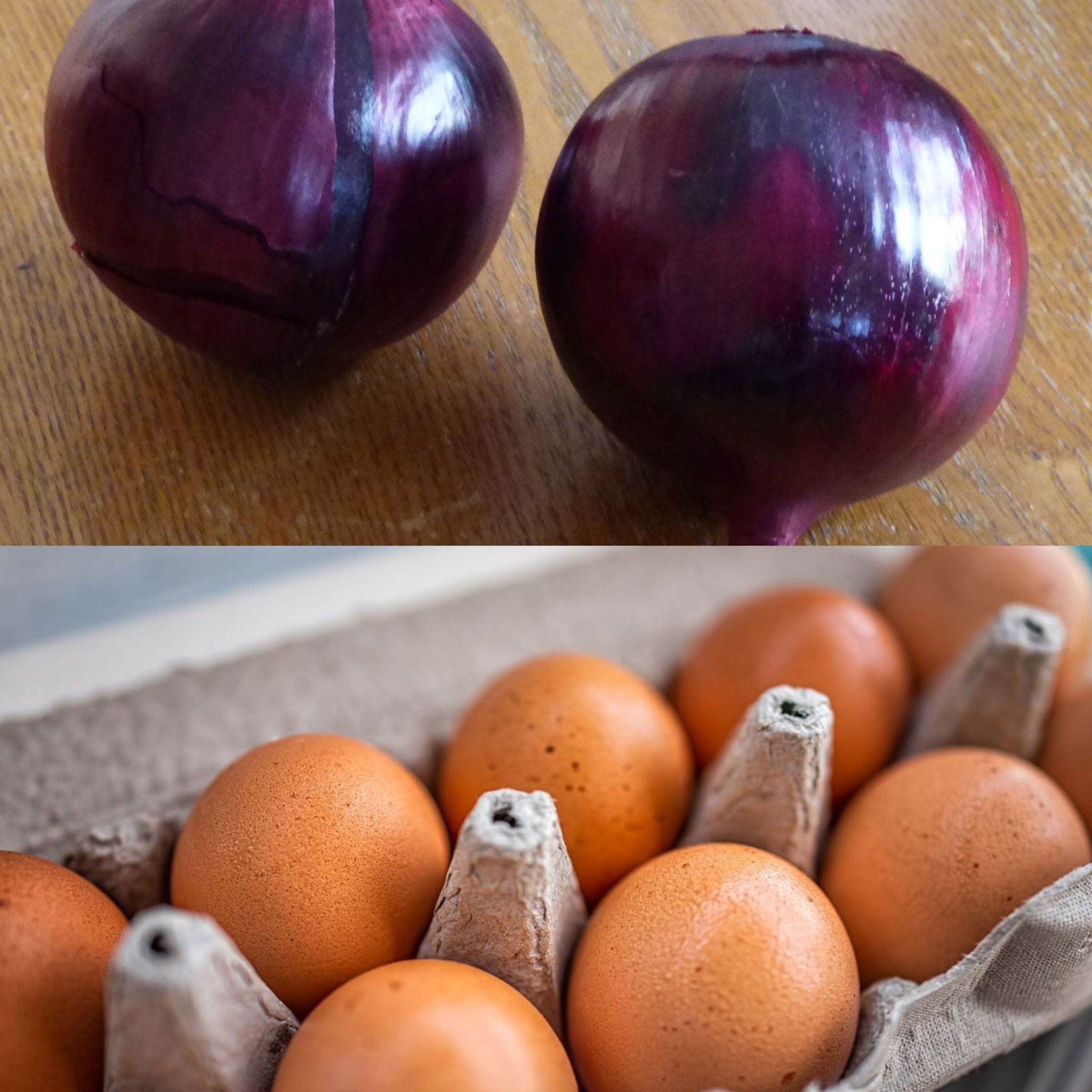
In the dance of storing and savoring foods, the refrigerator plays a crucial role, preserving the freshness and extending the life of many of our favorite treats. However, not every food item enjoys the chill. In fact, for some, a stay in the fridge could mean a compromise in taste, texture, and overall quality. Let’s uncover the seven foods that prefer the comfort of your pantry or countertop over the cold embrace of the refrigerator.
1. Tomatoes: The Flavor Savers Refrigerating tomatoes can turn their once juicy, vibrant flesh mealy and bland. The cold air stops the ripening process, hindering the development of that full, rich tomato flavor. Instead, let them bask on a sunny countertop.
2. Potatoes: The Texture Keepers The chill of the fridge converts the starch in potatoes into sugar, altering their texture and taste. This change can lead to a gritty texture and overly sweet flavor upon cooking. Store them in a cool, dark place for the perfect mash or roast.
3. Onions: The Crispness Preservers When subjected to cold and moisture, onions become soft and moldy. The ideal storage spot is a cool, dry, well-ventilated space, keeping them crisp and flavorful for your next culinary creation.
4. Garlic: The Freshness Maintainers Garlic prefers to stay out of the cold to maintain its texture and prevent mold. Keep it in a cool, dry place, and let its flavor shine in your dishes without any hint of refrigerator-induced bitterness.
5. Bread: The Softness Protectors Refrigeration can dry out bread quickly, turning your once soft, fluffy loaf into a stale, hard disappointment. Keep bread at room temperature for daily use or freeze it for long-term storage.
6. Honey: The Natural Sweetener Honey stays perfectly preserved in its own natural state. Refrigeration can cause it to crystallize and harden, making it difficult to scoop and spread. Room temperature keeps honey smooth and pourable.
7. Coffee: The Aroma Guardians Coffee, whether in bean or ground form, loses its flavorful oils and can absorb odors in the fridge. To keep your coffee tasting and smelling perfect, store it in an airtight container in a cool, dark place.
Understanding the unique storage needs of these foods can make a significant difference in maintaining their flavor, texture, and nutritional value. So, the next time you’re unpacking your groceries, remember that sometimes the best storage solution isn’t the cool, shadowed shelves of your fridge, but the warm embrace of your kitchen. Here’s to enjoying every bite and savoring every flavor, just as nature intended!